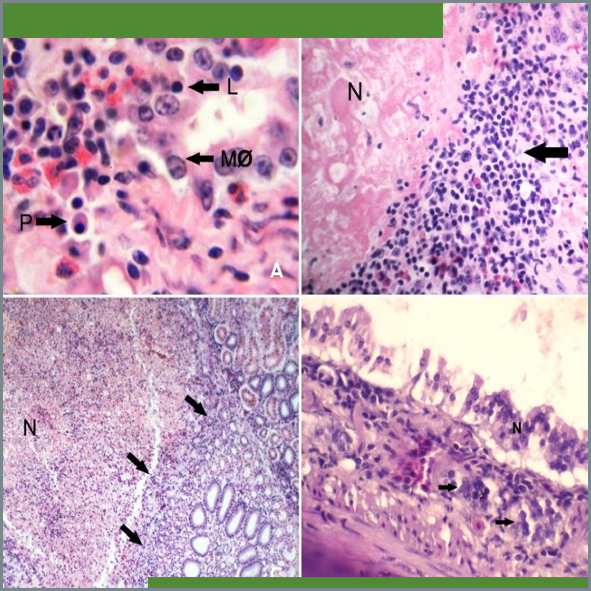First identification of Herpesvirus infections among endemic and exotic psittacines in Mexico
Main Article Content
Abstract
Veterinaria México OA
ISSN: 2448-6760
The illegal trafficking of exotic birds such as parrots is now the third most lucrative business in the world and has been a problem for several years. As a result of this trafficking, there has been an increase in the emergence of exotic diseases. Herpesvirus is a pathogen of psittacines that has not been identified in Mexico to date. Through the use of polymerase chain reaction (PCR) assays and pathological analyses, the present study demonstrates the presence of herpesvirus in endemic and exotic psittacines in Mexico. The study was based on 50 birds, with clinical signs of herpervirus infection, and 45 clinically healthy birds. DNA samples were obtained from proctodaeal cells of the healthy birds, collected through the use of an enema; additionally, the liver, kidneys, brain, large intestines, and lungs of five birds exhibiting clinical signs suggestive of herpesvirus infection, were collected and fixed in buffered formalin for histopathological examination. PCR assays revealed herpesvirus infection in 8 clinically healthy birds, including four exotic species, and one endemic species. On necropsy, four of the five birds with clinical signs of herpesvirus infection showed lesions caused by herpesvirus, and the presence of intranuclear inclusion bodies in various tissues. Thus, these results demonstrate that there is a high risk of herpesvirus infection in endemic Mexican psittacines, which could significantly impact the health of these populations.
Article Details
License

Veterinaria México OA by Facultad de Medicina Veterinaria y Zootecnia - Universidad Nacional Autónoma de México is licensed under a Creative Commons Attribution 4.0 International Licence.
Based on a work at http://www.revistas.unam.mx
- All articles in Veterinaria México OA re published under the Creative Commons Attribution 4.0 Unported (CC-BY 4.0). With this license, authors retain copyright but allow any user to share, copy, distribute, transmit, adapt and make commercial use of the work, without needing to provide additional permission as long as appropriate attribution is made to the original author or source.
- By using this license, all Veterinaria México OAarticles meet or exceed all funder and institutional requirements for being considered Open Access.
- Authors cannot use copyrighted material within their article unless that material has also been made available under a similarly liberal license.



